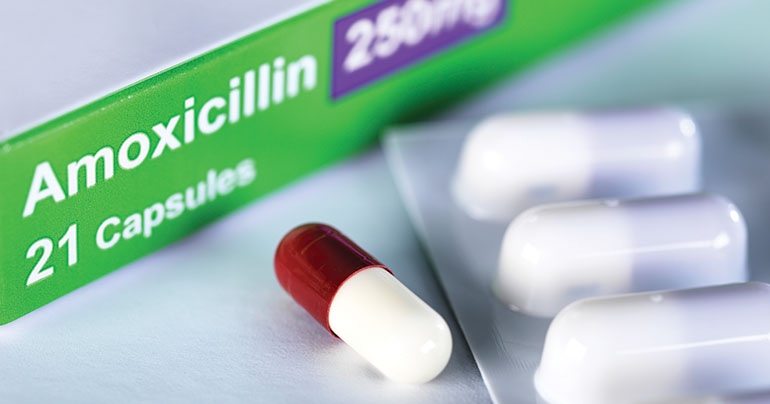Kathleen Holloway, the World Health Organisation’s regional advisor on essential drugs and other medicines discusses how the overuse of antibiotics could thrust us back into the dark ages

What are some of the factors that led to irrational antibiotic use in Southeast Asia?
There’s irrational antibiotic use globally – it’s not just confined to Southeast Asia. But where you have less regulation and control and support in the health system for prescribers, then you’re going to get more irrational use. And so in Southeast Asia, people can buy antibiotics over the counter… At the clinics, there’s not enough health workers, so … doctors don’t have very much time. So it’s just easier, if you’re only seeing a patient for two minutes and you don’t really know what’s wrong with them, to prescribe an antibiotic. The doctors don’t have time to make a proper diagnosis, they don’t have time to explain to someone why they don’t need antibiotics. And in some rural areas, people have to travel a long way to the health facility – so they want to have a quick fix, they don’t want to have to come back. It’s not like living in London, where if you don’t get better one day, you can go to the doctor’s the next day.
Could you talk about some of the dangers of overprescribing antibiotics?
One of the biggest dangers, of course, is antibiotic resistance. Because the moment that you take an antibiotic, you expose the bacteria in your body to that antibiotic – and it kills off all the sensitive ones in your guts and in your respiratory tract and you just leave the resistant ones. And while those resistant ones may not actually be causing an infection in you, they spread in the community and they can cause an infection in other people – or you at a later date. So you’re building resistance in your community by all this overuse of antibiotics, and of course you’re also wasting money… [T]here’s an awful lot of young, fit, healthy adults who just have a common cold and want a quick fix, taking antibiotics when they don’t need to… So you do need controls, and they don’t have them in many countries. And not only can you get any antibiotic over the counter, but you’re getting the newest generation of antibiotics over the counter. So in places like India, you have access to these newest generations of antibiotics … and resistance is becoming a danger. In the old days, penicillin was effective for gonorrhoea, but now you have to use third-generation cephalosporin. So it is a serious problem. If we can’t control this misuse of antibiotics, we will have the pre-antibiotic era coming back.
[manual_related_posts]
You’ve talked about the need for regulation to stop the misuse of antibiotics – what are some of the other solutions to this problem?
You ought to be training up your prescribers to use antibiotics properly. And a lot of prescribers in these countries, they don’t know that much about antibiotics. You just have to really look at your supply system and your regulatory system, and how you’re training and monitoring how these antibiotics are being used in hospitals. In most of these countries, there is no monitoring at all. And when they do continuing medical education, it’s left to the sponsored drug companies, mostly in the cities, and they are only interested in selling more of their product. They’re not interested in doing continuing medical education, in not using antibiotics… [T]hey’re not in business to not sell stuff. So there needs to be a lot more continuing medical education for prescribers by the public sector, by the government.
This article was published in the May edition of Southeast Asia Globe magazine. For full access, subscribe here.

